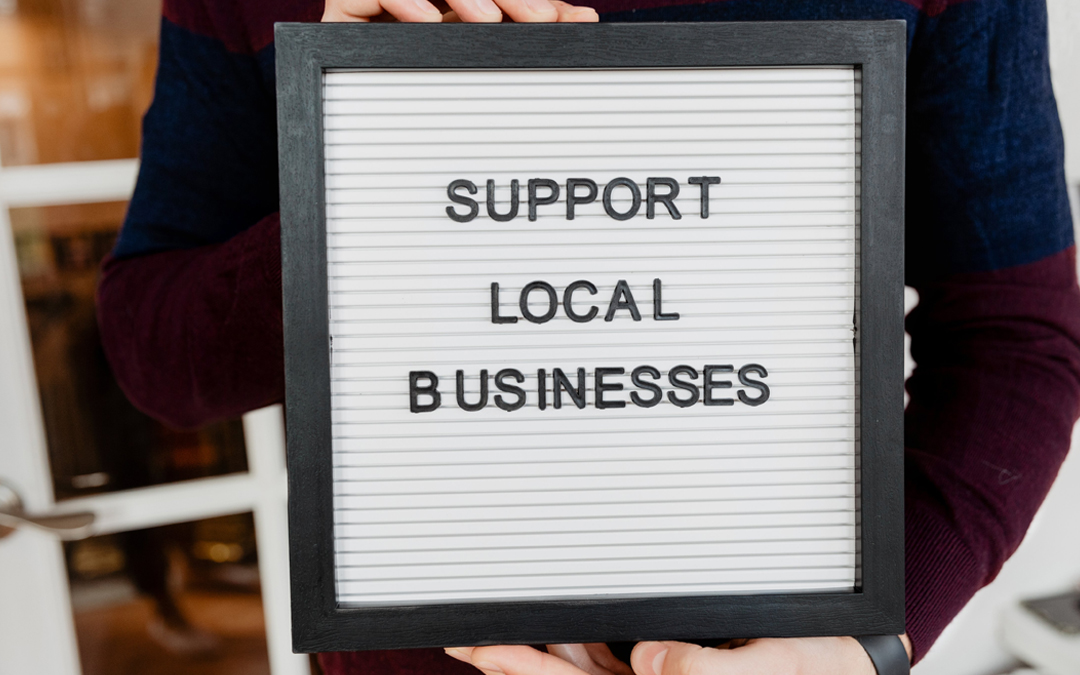Buy local and help SA thrive

Buy local and help SA thrive

Public servants have a role to play in helping South Africa grow the economy and create jobs. One way in which they can do so is to buy locally manufactured products, ensuring that the money being spent remains in the country.
“If public servants buy products and services that are locally produced and rendered, we will be able to grow the economy and create the much-needed jobs,” says Proudly South African Chief Ex- ecutive Officer Eustace Mashimbye. Proudly SA is the country’s only of- ficial buy local campaign. It serves the interests of all local manufac- turers and producers.
Responsible buying
Mashimbye says public servants who buy something that is import- ed into the country despite a local alternative being available, need to be aware that their purchasing decision could contribute to further jobs losses in South Africa.
He believes that everyone has a role to play in turning the economy around.
In an effort to make locally manu- factured products accessible to consumers, Proudly South African is a partner in an initiative called rsa- made.co.za – which is an e-com- merce website that gives South African manufacturers the oppor- tunity to advertise their products to local and global consumers.
Merchants are also able to display their locally manufactured products on the website, which gives them global exposure.
Mashimbye encourages local manufacturers and entrepreneurs to consider establishing partner- ships with strategic buyers.
“This will enable your business to expand, whether it is through giv- ing you more exposure, linking you with more opportunities or both of people. We also recognise where we are going as a nation and we just document that as we go along,” she says.
“I started the company back in 2017 while I was still studying. It started off as a consultation com- pany, offering personal styling for people, custom-made garments, wardrobe consulting and shop- ping.”
Rangaka holds a degree in fashion design from Villioti Fashion Institute in Johannesburg.
She got her big break in 2018 when she came across the Design Innovation Challenge hosted by Edcon – which is a partner in Proudly SA’s Buy Local campaign – and Runway Productions.
New ideas
The Design Innovation Challenge is an annual incubation programme in which designers come up with new ideas and concepts and cre- ate something out of it. Ambassa- dors of the initiative visit a number of institutions across the country each year to look for new talent. “My previous lecturer told me about it and I was interested. I was in the final year of my stud- ies and I was able to hand in my graduation collection. I got a call back and that’s how I joined the programme,” she explains.
“I saw this as an opportunity to actually start a clothing brand, which is something I had always wanted to do but I first needed to acquire the right skills and knowl- edge. That is how BLVNK was born.” Rangaka has one permanent employee, who is responsible for marketing and outsources human resources, using the skills of local people, such as those who work at Victoria Yards in Johannesburg, where her business currently oper- ates.
“We [at Victoria Yards] are a number of designers who share space and work together. I bring my designs to the team, which assists in meeting my manufactur- ing needs instead of outsourcing people from internationally.”
She sells her clothes at Victoria Yards as well as on an online plat- form called Vibe Life Culture.
“My ultimate goal is for the world to buy clothes in South Africa. We all want these well-known inter- national brands. I also love and admire them but South Africa has so much to offer in culture and diversity.”
Time to expand
Rangaka believes the world is starting to look towards Africa, and this means it is the right time for her to expand her brand.
“Instead of international brands coming to South Africa to look for inspiration and to design a South African-inspired piece that will be sold across the globe, it would be nice to have the world buying South African brands that are designed by us. Something about our culture that is made by us.” The Design Innovation Challenge is endorsed by Proudly South African as it helps create employ- ment for young fashion industry professionals.
The initiative enabled Rangaka to showcase her clothes at the South African Fashion Week.
With the help of Proudly South African, she also got an oppor- tunity to erect a pop-up store in Milan, Italy. Although the event has been postponed as a result of the coronavirus, she was among the local designers chosen to show- case their products at the next Buy Local Summit and Expo.
Another government entity – the National Youth Development Agency – aided in Rangaka’s success by giving her R10 000 in funding, which she used to buy material.
As the saying goes, ‘fashion is a cut-throat industry’ but Rangaka believes she can do anything if she remains resilient. Resilience
is what keeps her going, she ex- plains, because she believes talent and connections are not enough to survive the industry.


.svg)











